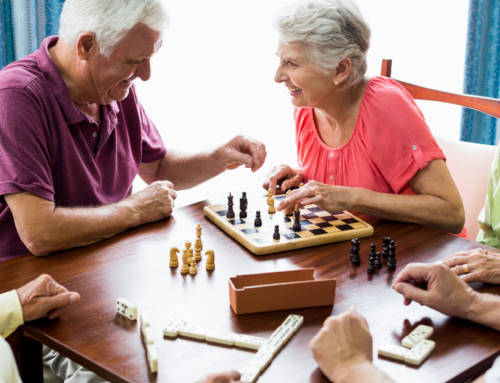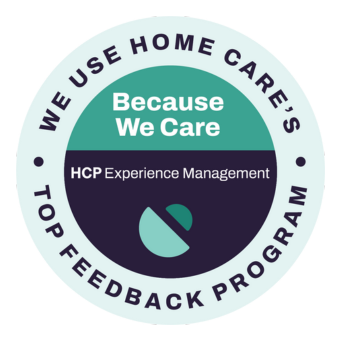Meditation is often referred to as a “practice”. We refer to it in that way because it is something we do on a regular basis, it’s always changing and evolving. It is not something to be “mastered”.
What is meditation? It is the practice of being still, calming the mind and moving into a state of peace within. Our mind is active throughout the day with 12,000-50,000 individual thoughts per day. The vast majority of those thoughts are the same thoughts every day. Many people describe these thoughts as the “voice” in your head or as the mind “running a million miles per minute”.
Depending on life experience and personality the voice can lean toward the constructive or positive or the destructive and negative. Meditation helps quiet that voice to help you get to the “real you”. The “voice” is just your thoughts… it’s not who you are. When we quiet the voice we find inner peace.
There are many benefits to having a meditation practice:
Emotional benefits such as a decrease in depression, stress and anxiety.
8 weeks of meditation of been proven to increase grey matter in areas of the brain involved in learning and memory, regulating emotions, sense of self and having perspective.
Mental benefits include improved decision making, increased resilience and mental toughness. I have found that meditation has helped me to step back and to observe situations without being so clouded by emotion. Emotion, especially negative emotion (anger, sadness, hurt, stress); can lead to out of proportion reactions and lead to conflict.
Physical benefits include reduced risk of heart attack and stroke. It is also linked to lower blood pressure.
Relationships with your family and friends are the basis for the majority of happiness in our lives. Meditation can help build a more robust family and social circle by improving empathy, reducing feelings of worry and increasing feelings of compassion and reducing social isolation.
These benefits stem from having a more peaceful mind, having the ability to recognize that our thoughts and perceptions are not who we are and to not let those thoughts lead to negative emotions like anger, resentment and stress. Our thoughts are just our thoughts and our perception of what is going on around us. Our thoughts are not necessarily “the truth”.
If we have a more measured reaction to perceived stress or negativity we are happier, healthier people.
When things don’t go as we expected or as we had hoped (like the examples below), we have the ability to pause our thoughts and to assess the situation and our reaction to it.
- Our children don’t say or do what we want
- Something important (like the washing machine or the car) unexpectedly breaks down
- We find ourselves in an inherently stressful situation such as moving,
- We’re in a time of transition like retirement,
- We’re dealing with a chronic illness
If we have a more measured reaction to perceived stress or negativity we are happier, healthier people.











